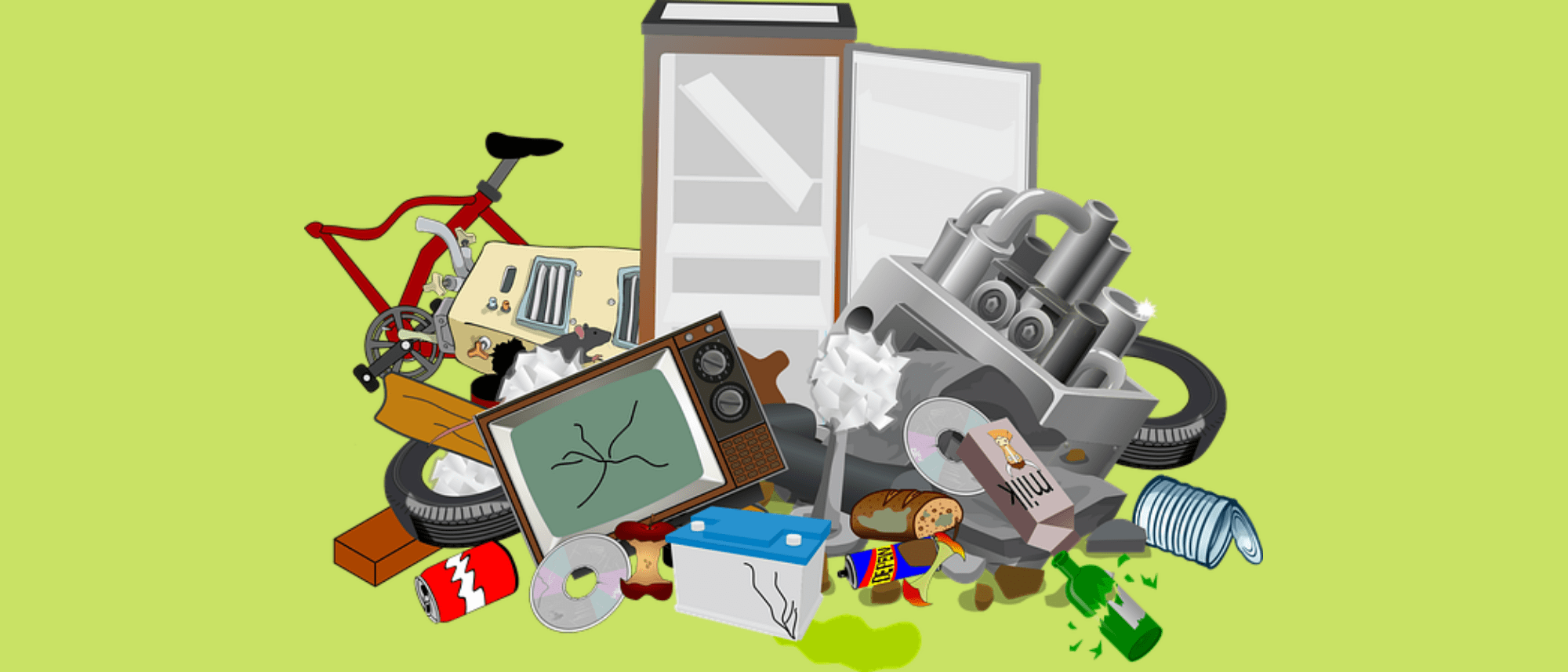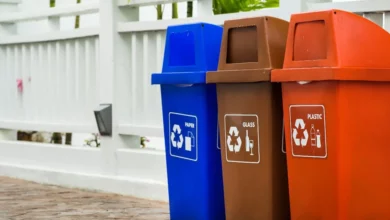Ditch the Landfill: Eco-Friendly Ways to Sell Scrap Online with Kabadiwala Services

In a world increasingly conscious of environmental impact, responsible disposal of waste is more important than ever. Traditional methods of discarding scrap – often leading to overflowing landfills – are not only an eyesore but a dangerous contributor to pollution and resource depletion. Fortunately, the rise of digital platforms and kabadiwala services offers a convenient and eco-friendly solution: selling your scrap online.
What is a Kabadiwala?
The term “kabadiwala” originates from India and refers to individuals or businesses specializing in the collection and recycling of various scrap materials. Traditionally, kabadiwalas would go door-to-door or operate from local shops, purchasing items like old newspapers, metal, plastic, and e-waste. With the advent of online platforms, kabadiwala services have modernized, streamlining the process for a truly sustainable waste-management approach.
Benefits of Selling Scrap Online
Environmental Responsibility: The most significant advantage lies in diverting recyclable waste from landfills. By selling your scrap through online kabadiwala services, you play a vital role in reducing pollution, conserving natural resources, and minimizing the need for further resource extraction.
Convenience: Online kabadiwala services eliminate the hassle of physically visiting scrap dealers. Platforms often allow you to schedule convenient pickup times from your home or office.
Transparency: With online platforms, you often get real-time scrap prices, ensuring fair compensation for your recyclable materials.
Extra Income: While you won’t get rich, selling your scrap can add a small but consistent income stream.
Decluttering: Got old newspapers, broken appliances, or unused cardboard boxes? Selling your scrap responsibly becomes a great way to declutter your living spaces.
How to Sell Scrap Online
Find a Reputable Service: Research multiple online kabadiwala platforms. Look for those with a proven track record, transparent pricing, and convenient pickup services in your area.
Categorize: Most services accept various scrap materials. Sort your items into categories like paper, plastic, metal, and e-waste. This helps in accurate pricing.
Schedule a Pickup: Use the platform’s interface to book a pickup time slot that suits you. Some services might also offer weighing at your doorstep for greater transparency.
Get Paid: Once the kabadiwala collects your scrap, you’ll receive payment based on the weight and material type. Payment methods might include cash, online wallets, or bank transfers.
Types of Scrap You Can Sell
Paper: Old newspapers, magazines, cardboard boxes, books.
Plastic: PET bottles, containers, plastic furniture.
Metal: Iron, steel, aluminum cans, copper wires, broken appliances.
E-waste: Old electronics, computer parts, mobile phones.
Embrace Sustainability
Selling your scrap online with kabadiwala services is a small act with a potentially vast positive impact. It exemplifies the principles of the circular economy – where waste is minimized and resources are constantly reused.
By making mindful choices, you contribute to a cleaner and greener future for yourself and generations to come. So next time you have recyclable waste, ditch the landfill and explore the power of online kabadiwala services for a more sustainable world!
Conclusion
In an era of growing environmental awareness, selling scrap online with kabadiwala services offers a simple yet powerful way to make a difference. It combines convenience, potential income, and the profound satisfaction of knowing your actions are supporting a sustainable future. It’s time to rethink our waste disposal habits. Let’s transform our scrap into valuable resources and choose responsible recycling for a cleaner and greener planet.







